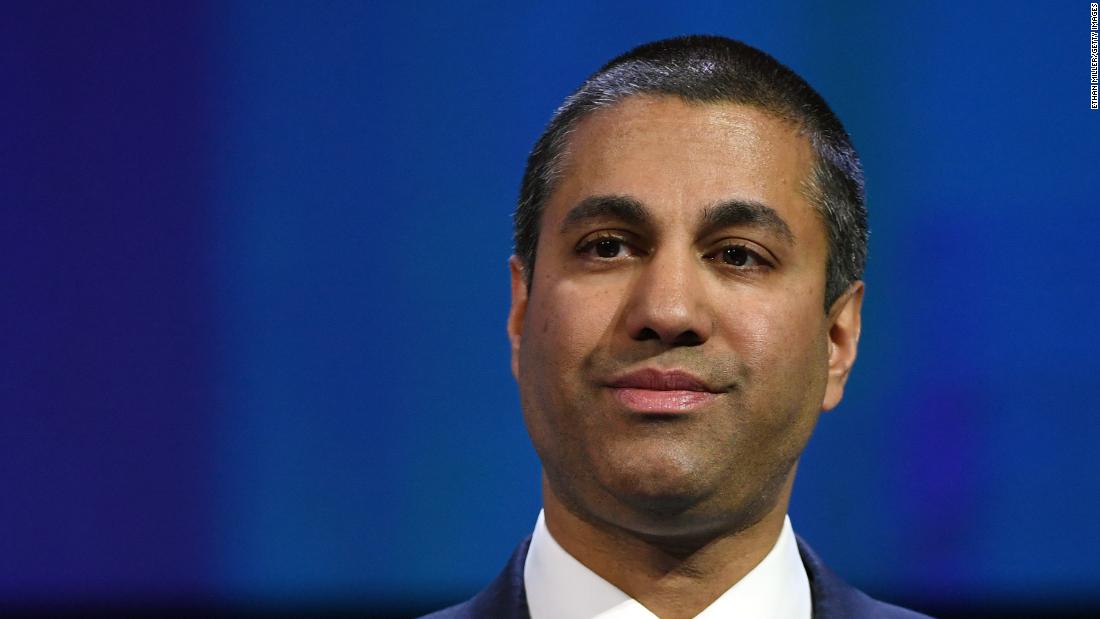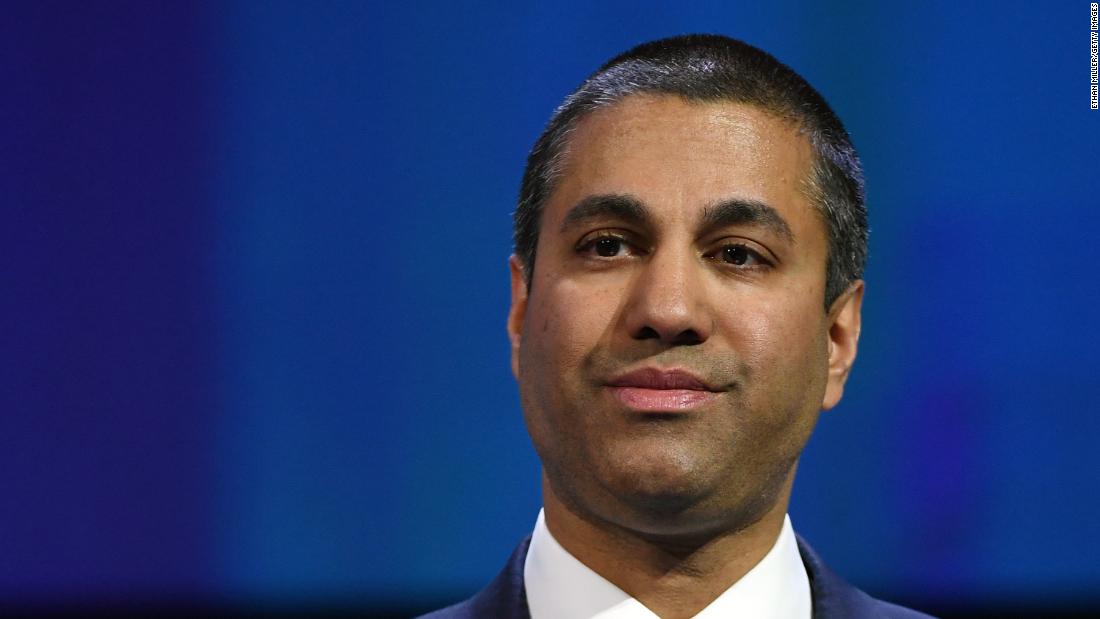[ad_1]

The five-member commission unanimously voted on Thursday to approve the proposal, which is now open for public comment, and start the rulemaking process.
“988 has an echo of the 911 number we all know as an emergency number. And we believe that this three-digit number dedicated for this purpose will help ease access to crisis services, it will reduce the stigma surrounding suicide and mental health conditions, and ultimately it will save lives,” Chairman Ajit Pai said Thursday during the commission’s open December meeting.
The proposal requires carriers to implement 988 as a national suicide prevention hotline within an 18-month timeframe. The FCC is asking for input on “all aspects of implementation,” including whether less or more time is needed.
Last year, Congress passed and President Donald Trump signed into law the National Suicide Hotline Improvement Act, which called for a study to determine the hotline’s effectiveness and the best three-digit dialing code for the hotline.
During the public meeting Thursday, FCC commissioner Michael O’Rielly shared that his brother-in-law died by suicide and thanked the agency’s staff for the “hard work.”
“These are about those that we can convince. These are about those willing to listen that can be driven in a different direction, that can be shown a path where life matters. So I pray that this item has the impact that we expect it to,” O’Rielly said.
The proposal, however, does not include an option to text the National Suicide Prevention Hotline for help. There are other crisis lines that are reachable via text such as the Crisis Text Line, Teen Line and the Trevor Project for LGBQT youth.
“Texting is primary for so many young people, and it would be a mistake for us to build a system that presumes talk is the only starting point for discussion,” Commissioner Jessica Rosenworcel said.
Republican Sen. Cory Gardner of Colorado applauded the FCC’s action and called on Congress to move forward with a bipartisan bill that he co-sponsored with Democratic Sen. Tammy Baldwin of Wisconsin to establish 988 as the national suicide hotline.
A companion bill has been introduced in the House by Republican Rep. Chris Stewart of Utah and Democratic Rep. Seth Moulton of Massachusetts.
Both pieces of legislation would authorize states to collect fees aimed at ensuring that local crisis centers will be able to support increased volume.
The National Suicide Prevention Hotline was launched in 2005 by the Substance Abuse and Mental Health Services Administration and Vibrant Emotional Health, a mental health nonprofit.
More than 47,000 Americans died by suicide and more than 1.4 million adults attempted to take their own lives in 2017, according to the Health and Human Services’ substance abuse and mental health services agency.
The hotline is currently accessible by the 10-digit number, 1-800-273-8255 (TALK). Last year, counselors answered more than 2.2 million calls and more than 100,000 online chats, according to the FCC.
To get help, call the National Suicide Prevention Lifeline at 1-800-273-TALK (8255). There is also a crisis text line. For crisis support in Spanish, call 1-888-628-9454.
[ad_2]
Source link

